Description
Cobalt Sulfate Anhydrous: The Powerhouse Behind Batteries and Beyond
Cobalt sulfate anhydrous is a chemical compound with the formula CoSO₄. Unlike its hydrated forms, which are more common, the anhydrous variety is a dry, crystalline powder devoid of water molecules. This seemingly subtle difference in molecular structure yields distinct properties and applications, making it a crucial component in various industrial processes, most notably in the burgeoning battery technology sector.
Understanding the Chemistry
Cobalt sulfate anhydrous is a salt formed from cobalt and sulfate ions. The absence of water makes it more stable and less prone to caking compared to its hydrated counterparts. It appears as a reddish to pink powder and is soluble in water, although less readily than the hydrated forms. This reduced solubility is a key factor in some of its specific applications.
Properties that Drive its Applications
Several properties contribute to the importance of CoSO₄:
High Cobalt Content: It boasts a higher percentage of cobalt by weight compared to hydrated forms, making it a more efficient source of this valuable metal.
Stability: The anhydrous nature provides improved storage stability, especially in humid conditions, reducing the risk of caking and degradation.
Specific Reactivity: Its anhydrous form can influence reaction kinetics in chemical processes.
Precursor to Other Compounds: Cobalt sulfate anhydrous serves as a vital building block for the production of other cobalt compounds.
Key Applications of Cobalt Sulfate Anhydrous
The versatility of cobalt sulfate anhydrous stems from its properties, leading to a broad range of applications:
Lithium-Ion Batteries: By far, the most significant application ofCoSO₄ is in the production of cathode materials for lithium-ion batteries, particularly those used in electric vehicles (EVs), consumer electronics, and energy storage systems. These cathodes often utilize cobalt alongside other metals like nickel and manganese to create stable and high-performing battery materials. The high cobalt content in the anhydrous form makes it a cost-effective choice for battery production.
Pigments and Colorants: Historically, cobalt salts have been used to produce intensely colored pigments, including blues and violets. While less prominent in modern pigment production, cobalt sulfate anhydrous can still be used as a precursor for certain specialty pigments.
Electroplating: Cobalt plating is used to enhance the hardness, wear resistance, and corrosion protection of metal surfaces. CoSO₄ is a key component in the electrolytes used for this process.
Catalysis: Cobalt compounds, including those derived from cobalt sulfate anhydrous, are used as catalysts in various chemical reactions, particularly in the petrochemical industry.
Agriculture: In trace amounts, cobalt is an essential nutrient for certain plants and animals. Cobalt sulfate anhydrous may be used in some agricultural applications to address cobalt deficiencies in soil.
Research and Development: Its properties make it a subject of ongoing research in materials science and chemical engineering.
Safety Considerations
While CoSO₄ is valuable, it’s crucial to handle it with care:
Toxicity: Cobalt compounds, in general, are considered toxic if ingested or inhaled in significant quantities. They can also cause skin and eye irritation.
Proper Handling: Protective equipment, including gloves, safety glasses, and respirators (in environments with dust), should be worn when handling cobalt sulfate anhydrous.
Ventilation: Adequate ventilation is necessary when working with this substance to minimize exposure to dust.
Environmental Concerns: Cobalt is a heavy metal, and its release into the environment should be minimized through proper waste disposal practices.
The Future of CoSO₄
The demand for cobalt sulfate anhydrous is expected to continue rising, driven by the increasing adoption of EVs and the subsequent growth in lithium-ion battery production. This demand puts pressure on the supply chain and raises concerns about the ethical sourcing of cobalt. Research into alternative battery chemistries and methods for recycling cobalt from spent batteries is crucial for the sustainable future of this critical material.
Conclusion
Cobalt sulfate anhydrous, while not a household name, plays a vital behind-the-scenes role in powering modern technology. Its properties, particularly its high cobalt content and stability, make it an indispensable ingredient in the batteries that are powering a transition to a more sustainable future. Understanding its properties, applications, and safety considerations is crucial for harnessing its full potential while minimizing risks. As technology evolves, CoSO₄ will likely remain a pivotal material in shaping our world.

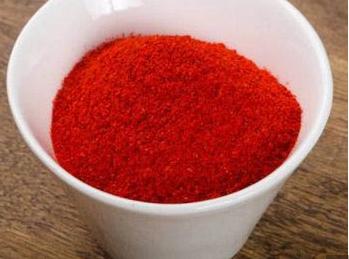


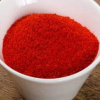
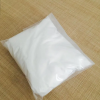

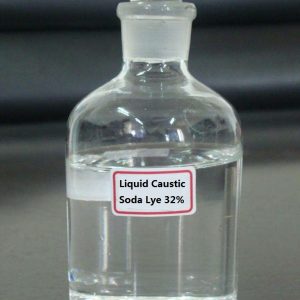
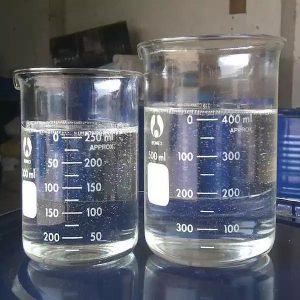
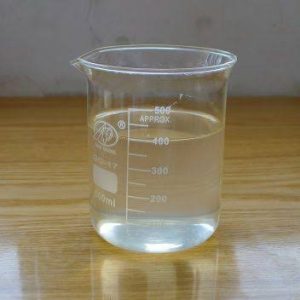
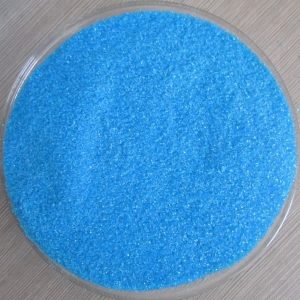

Reviews
There are no reviews yet.